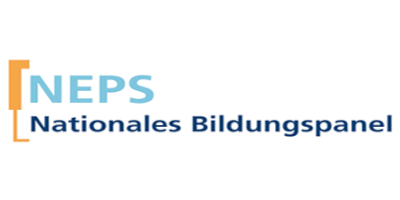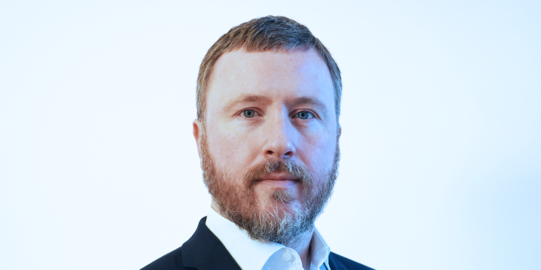NEPS – National Educational Panel Study – Stage 5
The National Educational Panel Study (NEPS) is the largest long-term educational study in Germany, which investigates educational trajectories from early childhood to old age. In the team of Professor Dr. Michael Becker, the Center for Research on Education and School Development (IFS) is in charge of the 5th stage, which focuses on the general upper secondary level and transition to higher education starting cohort 8.
Funding
Forwarded funding from the Bavarian State Ministry of Science and the Arts (StMWK) as part of funding for the project "National Educational Panel Study – NEPS”
Project description
NEPS aims to collect data on long-term educational processes and skills development across the life span in Germany to study changes across the life span and across cohorts. NEPS collects high-quality data in representative samples (starting cohorts) of newly-borns, preschoolers, school children, first-year students and adults. The collected data is processed in a user-friendly design and made available to the scientific community.

NEPS is based at the Leibniz Institute for Educational Trajectories (LIfBi), which cooperates with various interdisciplinary research institutes throughout Germany. In currently seven starting cohorts, it examines schooling itself and aspects relevant to educational trajectories such as personality traits and out-of-school learning environments from early childhood to old age. In addition, persons from people’s backgrounds such as parents and teachers are surveyed. The NEPS stages consider different phases in the participants’ lives and introduce age-specific perspectives for the respective phases into the survey program.
Since March 2019, the IFS has been involved in the conceptual design of the starting cohort 8, which was launched in 2022 with approximately 6,000 students beginning their 5th grade. While they are at lower secondary school, the cohort is coordinated by NEPS stage 4, which is based in the team McElvany at IFS. After lower secondary schooling, many students will transfer to the upper secondary level at the Gymnasium, where they are monitored by NEPS stage 5, which is represented at IFS by the Becker team.
The upper secondary level leads to “Abitur”, a certificate which corresponds to the general university entrance qualification and enables access to all German colleges and universities. Alongside in-depth general education and the development of skills necessary to study, the introduction to scientific ways of thinking and working (“Wissenschaftspropädeutik”) is a central goal of the upper secondary level in Germany.
NEPS stage 5 located at IFS focuses its research on the development of measuring instruments that assess the preparation for upper secondary level and later labor market entrance orientation, which will be monitored across all school types. In addition, scientific literacy and propaedeutics as well as epistemologic beliefs (subjective beliefs on knowledge and knowing) and confidence in science are focused for the upper secondary level.






![[Translate to English:] [Translate to English:]](/storages/ifs-ep/_processed_/8/5/csm_AdobeStock_412860748_9a2dbb816c.jpeg)
